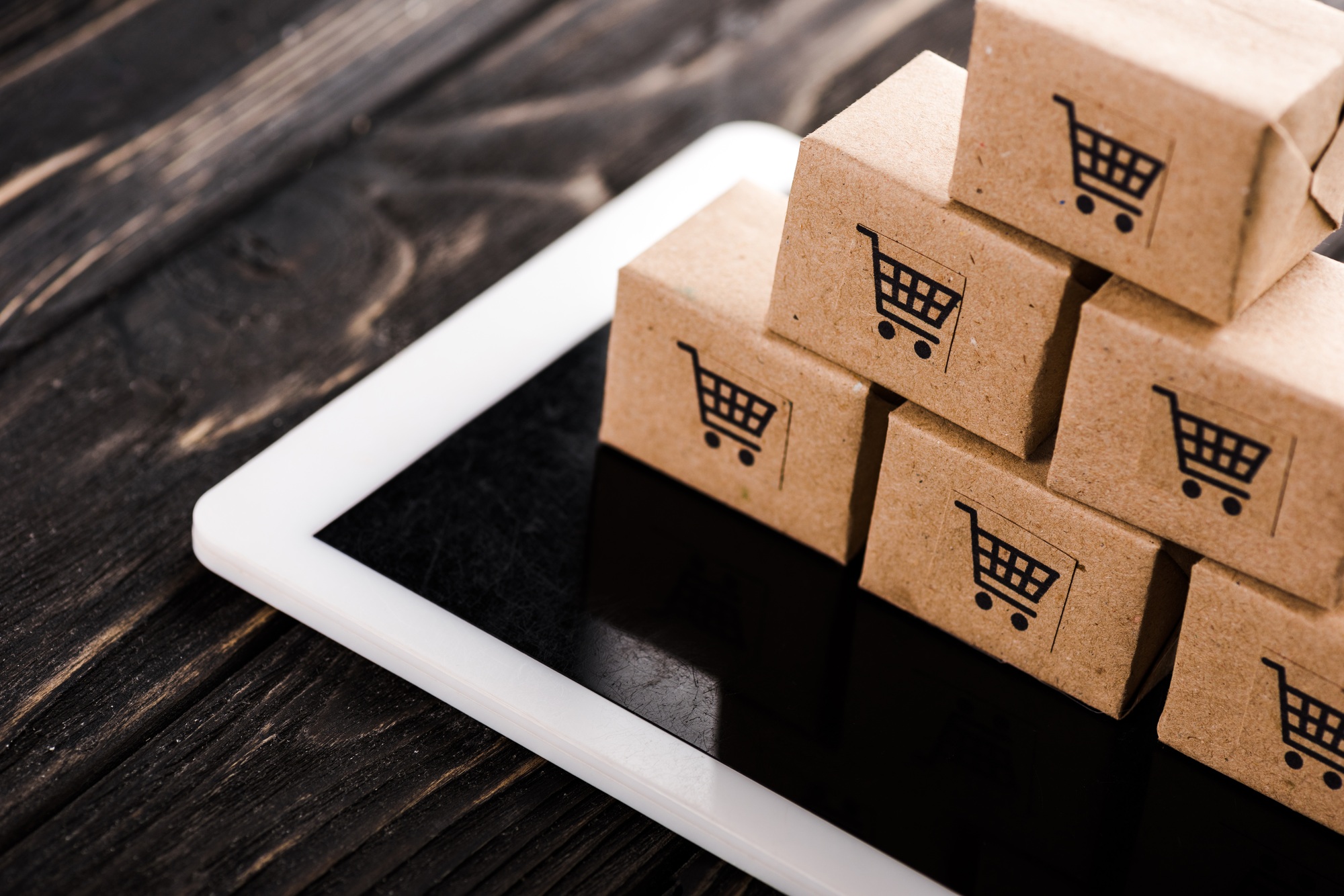Subscription models have become a pivotal element in modern business strategies, shaping the way brands build and maintain customer loyalty. The convenience, value, and personalization that subscription services offer not only ensure recurring revenue for companies but also foster long-term relationships with customers. The model allows businesses to enhance customer engagement by offering exclusive perks, discounts, content, and tailored experiences. In industries ranging from digital streaming and food delivery to ride-hailing services, subscription programs have proven to be powerful loyalty drivers.
This article will delve deeper into the subscription models employed by key players like Careem, HungerStation, Amazon Prime, and many others, examining how these models impact customer retention and contribute to building brand loyalty. We’ll also explore the role of subscriptions in creating lasting customer relationships in the highly competitive business landscape.
What is a Subscription Model?
At its core, a subscription model is a business framework where customers pay a recurring fee, typically monthly or annually, in exchange for ongoing access to a product or service. This model is especially effective because it promotes continuous engagement, as customers are required to renew their subscriptions to maintain access to the benefits they’ve grown accustomed to.
Subscriptions can offer an array of exclusive advantages, such as early access to products, discounts, premium features, or content. These offerings are designed to create a sense of belonging and exclusivity, reinforcing the customer’s decision to stay loyal to the brand. The predictability of subscription revenue also helps companies plan and grow sustainably, as customer retention is built into the business model.
Careem’s Subscription Model and Its Impact on Loyalty
Careem, a leading ride-hailing platform in the Middle East, has effectively embraced the subscription model with its “Careem Plus” membership. For a monthly or annual fee, Careem Plus subscribers enjoy a host of benefits, including discounted fares, free ride upgrades, priority customer support, and access to special promotions. This model caters to regular riders by offering value beyond the traditional pay-per-ride model.
Careem’s subscription model creates a strong incentive for users to stick with the platform. The more customers use the service, the greater the value they receive, making them less likely to switch to competitors. The inclusion of priority support and special offers makes Careem Plus feel like an exclusive club, deepening customer loyalty. As a result, Careem’s subscription model successfully boosts engagement while increasing the overall lifetime value of each customer.
HungerStation’s Subscription Model: Rewarding Frequent Users
HungerStation, a prominent food delivery platform in Saudi Arabia, has rolled out a subscription program called “HungerStation Plus” that enhances customer loyalty. For a monthly subscription fee, members enjoy several key benefits, including free delivery on all orders, special discounts, exclusive deals, and priority customer service. The convenience of free delivery and savings on restaurant orders gives subscribers a strong reason to use HungerStation exclusively for their food delivery needs.
For customers who frequently order food, the subscription model adds tangible value, which drives them to remain loyal to the platform. In a competitive landscape where multiple food delivery apps vie for users’ attention, offering these perks helps HungerStation secure long-term engagement. By consistently providing financial incentives, HungerStation creates an ongoing relationship with its subscribers, making it more difficult for them to switch to rival platforms.
Amazon Prime: A Global Leader in Subscription Loyalty
Amazon Prime is arguably the most well-known and successful example of a subscription model fostering customer loyalty. Launched in 2005, Amazon Prime now boasts millions of subscribers globally. For an annual or monthly fee, members gain access to a wide range of services, including free two-day shipping, exclusive access to Prime Video streaming, Prime Music, Prime Reading, and early access to lightning deals and exclusive discounts.
What makes Amazon Prime particularly powerful in building loyalty is its diverse array of benefits. Amazon does not just offer a service; it offers a comprehensive ecosystem that integrates into nearly every facet of customers’ lives. Whether it’s fast shipping, entertainment, or exclusive discounts, Amazon provides compelling reasons for customers to remain subscribed. The more customers engage with the platform, the more indispensable it becomes in their daily lives, making them less likely to consider competing services.
This model also creates a “lock-in” effect, where customers feel like they are receiving so much value from Amazon that it’s hard to justify the cost of switching to another retailer. The multifaceted nature of Amazon Prime fosters long-term customer loyalty, with the company continually adding new services to enhance the membership experience.
Spotify Premium: Building Loyalty Through Music and Personalization
Spotify Premium, the subscription service offered by the popular music streaming platform, has proven to be a key driver of customer loyalty in the entertainment industry. For a monthly fee, subscribers receive ad-free music streaming, offline listening, and higher-quality audio. However, the real magic behind Spotify’s subscription model lies in its personalization features.
Spotify leverages sophisticated algorithms to curate personalized playlists, recommend new artists, and even create dynamic “Year in Review” summaries for users, making the service feel uniquely tailored to each individual’s preferences. By offering more than just a basic music service, Spotify builds an emotional connection with users. Subscribers feel that their music experience is individualized, making them more likely to remain loyal to the platform.
In addition, Spotify offers exclusive content, such as early access to new releases, podcasts, and live events, further reinforcing its value proposition. These personalized features, combined with exclusive access to content, help keep subscribers engaged and invested in the service. As a result, Spotify has developed a dedicated user base that feels deeply connected to the platform.
Netflix: Exclusivity and Content as a Loyalty Strategy
Netflix has become a household name and one of the leading examples of how subscriptions can drive loyalty through a mix of exclusive content, personalized experiences, and global accessibility. With its subscription model, Netflix offers users unlimited access to a vast library of TV shows, movies, documentaries, and original content like Stranger Things and The Crown.
The key to Netflix’s success in building loyalty is its ability to continuously produce and deliver content that appeals to a wide range of audiences. By investing in original programming that can’t be found on other platforms, Netflix provides an exclusive value proposition that keeps customers engaged. Subscribers feel that they are receiving more than just access to movies and TV shows—they are gaining access to exclusive cultural phenomena that foster a deeper connection with the platform.
Netflix’s ability to cater to diverse tastes through a mix of genres, language options, and regional content also helps build loyalty among international customers. The subscription model, which encourages uninterrupted viewing, contributes to higher engagement rates and stronger brand loyalty over time.
Apple One: A Comprehensive Ecosystem for Loyalty
Apple One is a subscription bundle that allows users to access a range of Apple’s services at a discounted price. For a monthly fee, subscribers can get access to Apple Music, Apple TV+, Apple Arcade, and iCloud storage. Apple One is designed to provide a seamless experience within the Apple ecosystem, encouraging customers to remain loyal by offering bundled services that work well together.
The strength of Apple One lies in its integration with Apple’s hardware products, including iPhones, iPads, and Macs. By offering exclusive services that enhance the functionality of Apple devices, the subscription model encourages customers to stay within the Apple ecosystem. This deepens brand loyalty, as users are more likely to stay subscribed to Apple’s services if they are using Apple devices and enjoying a smooth, integrated experience across multiple products.
Dollar Shave Club: Loyalty through Convenience and Affordability
Dollar Shave Club disrupted the shaving and personal care market by offering a subscription model for razor blades and other grooming products. For a monthly fee, members receive a regular supply of razor blades, shaving cream, and other personal care items delivered directly to their door. By removing the hassle of running out of essential products and running to the store, Dollar Shave Club creates a highly convenient service that adds value to the customer’s life.
This subscription model builds loyalty by offering both convenience and affordability. Customers don’t have to think about reordering, as the service ensures they receive regular shipments of products. Additionally, Dollar Shave Club’s pricing structure is competitive, giving subscribers access to high-quality products at a lower cost compared to traditional retail prices.
By catering to the need for convenience and affordability, Dollar Shave Club fosters long-term loyalty, ensuring that customers stick with the service for the ongoing value it provides.
Shahid VIP: Streaming Loyalty in the Middle East
Shahid VIP, a premium streaming service owned by MBC Group, is one of the leading video-on-demand platforms in the Middle East. Shahid VIP offers exclusive access to Arabic-language content, including the latest TV shows, movies, and live sports events. With a monthly subscription fee, users gain access to a vast library of content unavailable on free versions of the platform.
The value of Shahid VIP’s subscription service lies in its focus on regional content, which is a strong selling point for Middle Eastern viewers who seek access to local media. Additionally, the ad-free experience and early access to popular shows make Shahid VIP an attractive option for those who prefer uninterrupted viewing and exclusive programming. By offering content that caters specifically to the Middle Eastern audience, Shahid VIP builds a loyal customer base that is less likely to switch to global streaming platforms.
Conclusion: Why Subscriptions Drive Loyalty
Subscription models have proven to be an effective strategy for driving customer loyalty, as they offer a combination of value, exclusivity, and personalization. Brands like Careem, HungerStation, Amazon Prime, and Spotify have successfully integrated subscriptions into their offerings, providing customers with ongoing benefits that keep them engaged and invested. Whether through offering convenience, exclusive content, or financial incentives, subscriptions enhance the overall customer experience and help companies foster deeper, longer-lasting relationships with their audiences.
The psychological impact of subscriptions, such as the feeling of belonging to an exclusive group, combined with the tangible rewards of value and convenience, makes these models particularly effective at cultivating brand loyalty. As more businesses across industries adopt subscription models, it’s clear that they will continue to be a powerful tool for customer retention and engagement in the digital age.



Thanks for providing such a helpful and timely resource! I’m looking forward to reading more of your insights. I hope this is helpful! Let me know if you’d like me to make any adjustments or provide additional options.
Comments are closed.